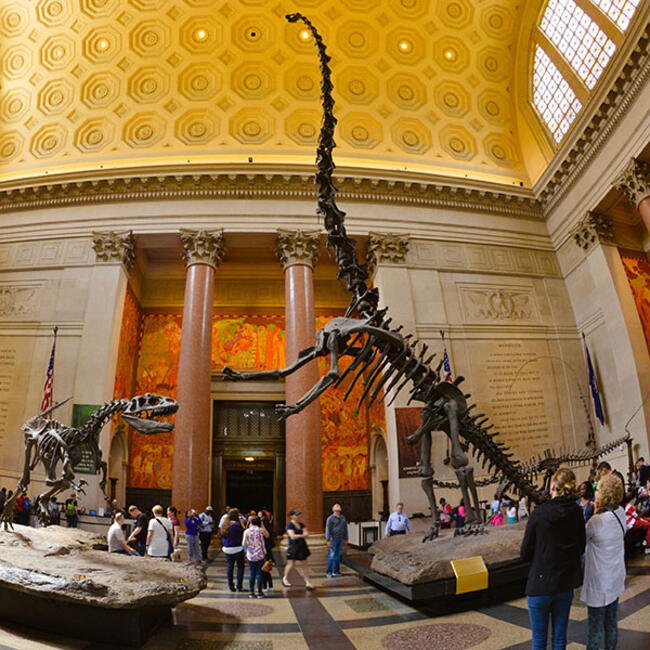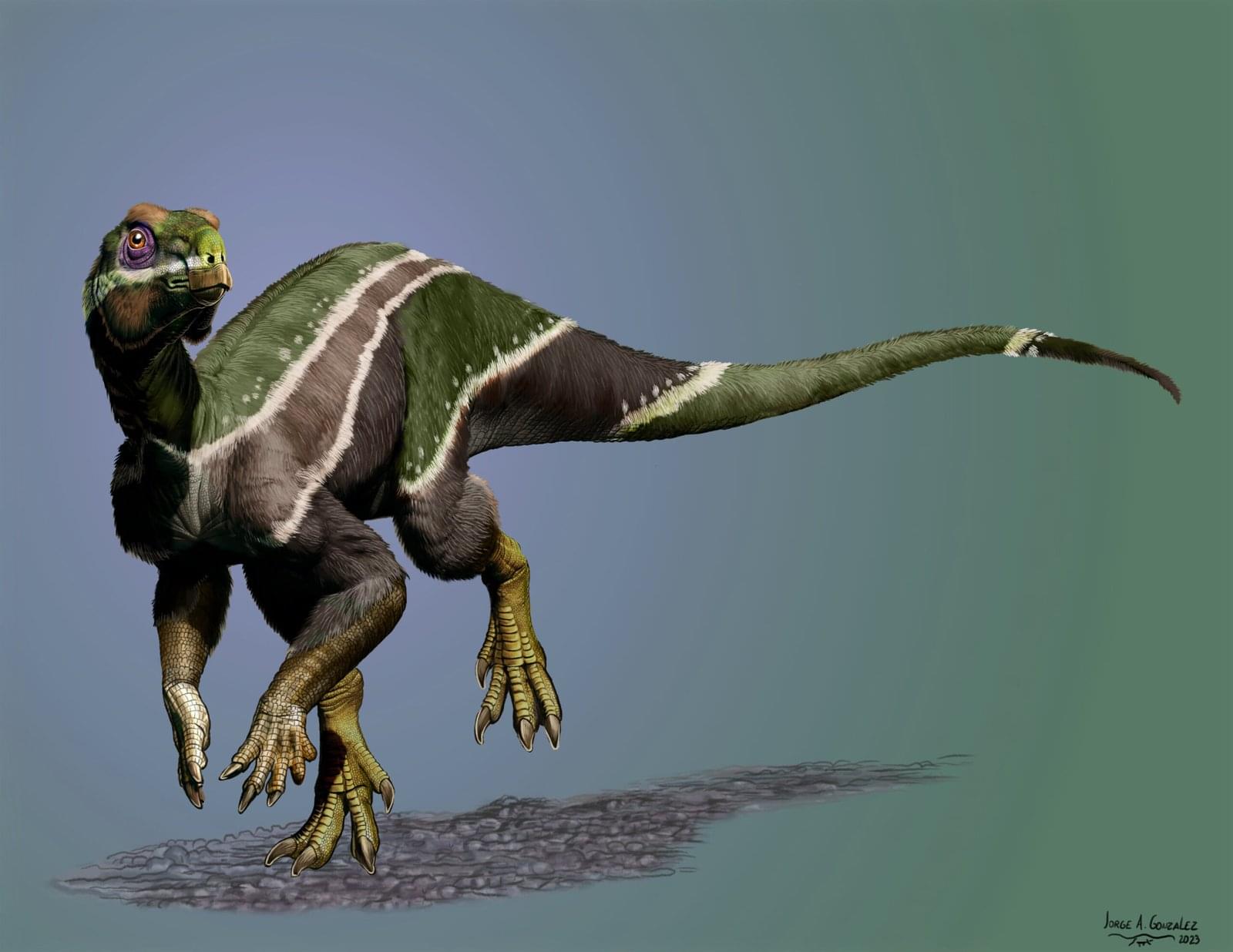Introduction:
Dinosaurs have long captivated the curiosity of scientists, historians, and enthusiasts alike. These magnificent reptiles once dominated the Earth, living millions of years ago during the Mesozoic Era. With an incredible diversity of species and sizes, dinosaurs played a crucial role in shaping the planet’s ecological history.
What Are Dinosaurs?
Dinosaurs are a group of reptiles that first appeared during the Triassic Period, around 230 million years ago. They became the dominant terrestrial vertebrates throughout the Jurassic and Cretaceous periods. The group is broadly classified into two orders based on their hip structures: Saurischia (lizard-hipped) and Ornithischia (bird-hipped).
Key Characteristics
– Upright walking posture
– Scaled or feathered skin
– Laid eggs
– Varied diets – both herbivorous and carnivorous
Types of Dinosaurs:
Carnivores Predatory dinosaurs, such as Tyrannosaurus rex and Velociraptor, were equipped with sharp teeth, strong jaws, and clawed limbs for hunting. These species thrived as apex predators in their environments.
Herbivores Plant-eating dinosaurs like Triceratops, Brachiosaurus, and Stegosaurus had physical adaptations like beaked mouths or long necks to access vegetation. Many herbivores lived in herds for protection against predators.
How Do We Know About Dinosaurs?
The primary source of knowledge about dinosaurs comes from fossil records. Paleontologists study fossilized bones, footprints, and even skin impressions to understand how dinosaurs looked, moved, and lived. Technological advancements like 3D imaging and radiometric dating have greatly enhanced this research.
The Mystery of Extinction:
Approximately 66 million years ago, most dinosaurs became extinct in a catastrophic event believed to be caused by a massive asteroid impact. This event led to a sudden and dramatic shift in the Earth’s climate. While most species disappeared, some small, feathered dinosaurs are thought to have survived and evolved into the birds we know today.
Why Dinosaurs Matter Studying dinosaurs offers valuable insights into evolution, climate change, extinction, and the resilience of life. It also encourages scientific curiosity in young learners and serves as a foundation for understanding biological and geological processes.
Conclusion:
Dinosaurs were among the most successful and diverse animals in Earth’s history. While they no longer roam the planet, their legacy lives on through fossils, museum exhibits, and continuous scientific discovery. Understanding their story helps us better appreciate the planet’s rich and dynamic history.

